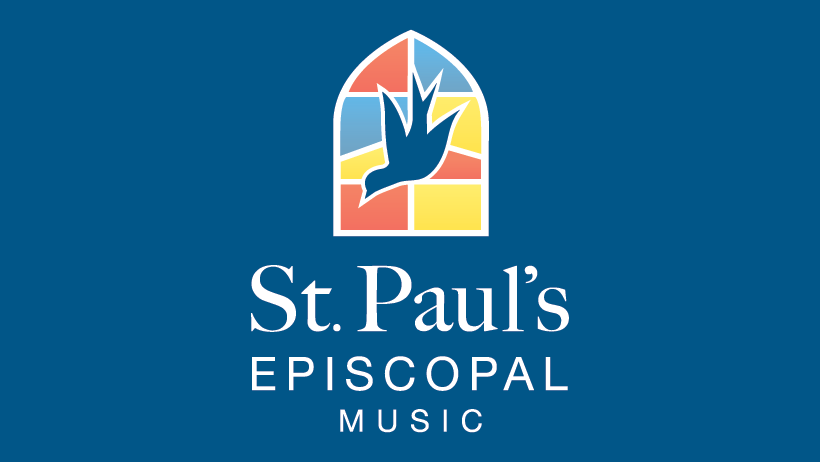
English music has a strange history. During the time of the Tudors (and even sometime before that) England was the center of some of the most exciting musical experiments and compositional activity in the world.
When taste changed, they sort of let Handel take over, but he was a German import. After Handel, Mendelssohn came on the scene, and it was all over. England seemed to be more interested in what German composers were doing than trying to create their own musical voices. This was so pervasive that German musicians referred to England as “Das Land ohne Musik” [The Land without Music.]
And then they fixed the problem. Charles V. Stanford got in there are trained up Holst and Vaughan Williams. He taught Frank Bridge and John Ireland. That generation taught Benjamin Britten, and since then the UK has been a beacon for music.
A lot of that music has sort of been lost in the American musical education system. I only knew some of it because my old teacher Robert Helps developed an odd obsession with John Ireland in his later years. Somehow I completely missed Finzi.
Then, a clarinetist asked me to play the Bagatelles on her recital, and I became obsessed. There is something so compelling about his writing. It’s sweet when it’s sweet, and it’s crunchy when it’s crunchy, and he doesn’t seem to mind travelling back and forth between the two languages.
Josh Lawlor is one of my favorite singers and people to work with, so I was more than happy to put this together for the St. Paul’s Episcopal Concert Series. Here are the texts and some brief program notes.

Recent Comments